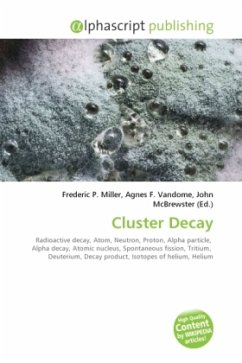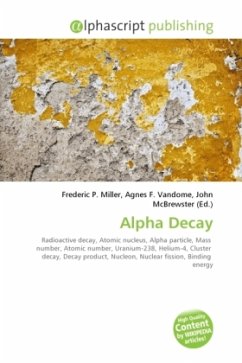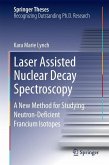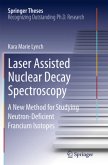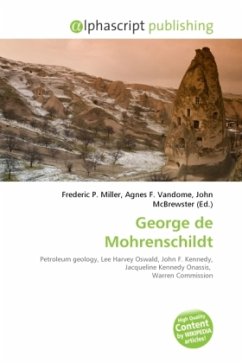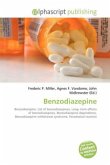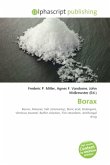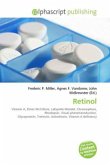Cluster decay is a type of nuclear decay in which a radioactive atom emits a cluster of neutrons and protons heavier than an alpha particle. This type of decay happens only in nuclides which decay predominatly by alpha decay, and occurs only a small percentage of the time in all cases. Cluster decay is limited to heavy atoms which have enough nuclear energy to expel a portion of its nucleus. Cluster decay has an intermediate position between alpha decay (in which a nucleus spits out a 4He nucleus) and spontaneous fission in which a heavy nucleus splits into two (or more) large fragments and a variable number of neutrons. Spontaneous fission ends up with a probabilistic distribution of daughter products, which sets it apart from cluster decay. In cluster decay the emitted particle is a light nucleus and the decay method always emits the same particle. More than 20 nuclei have been found which occasionally decay by emitting clusters
